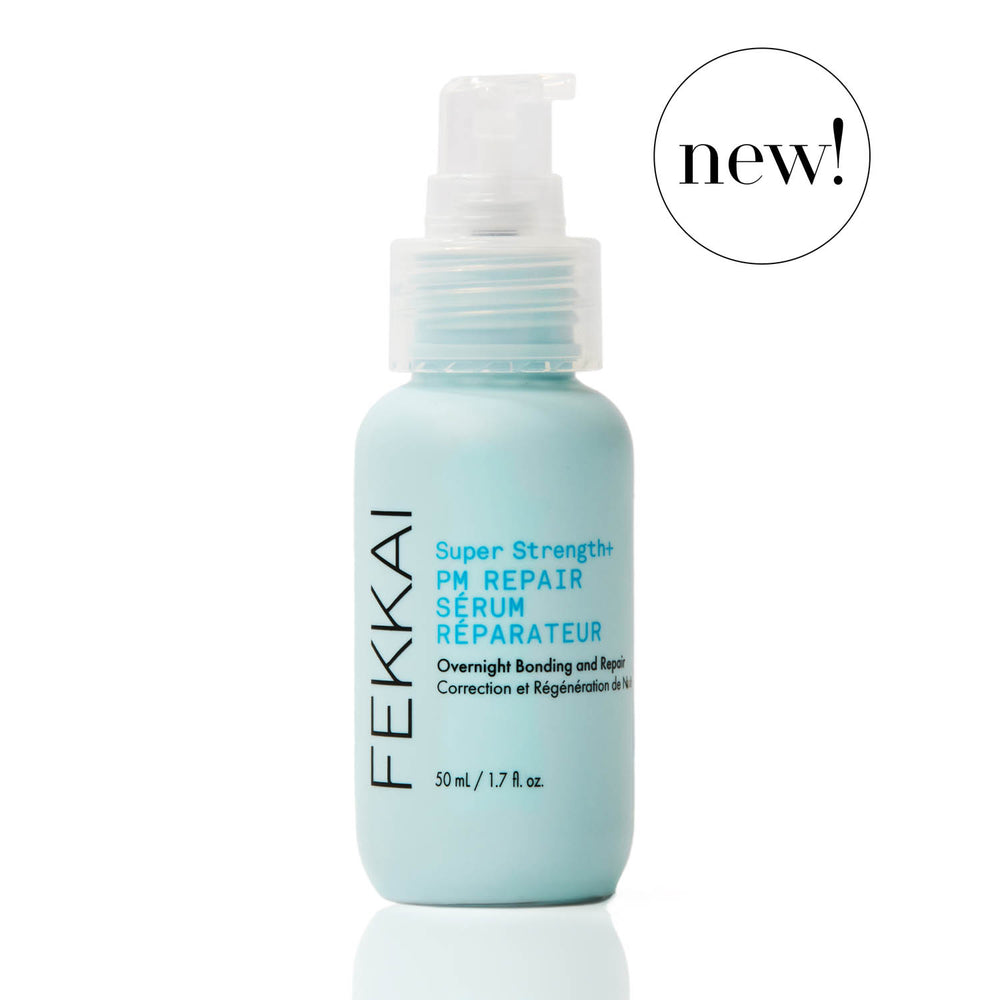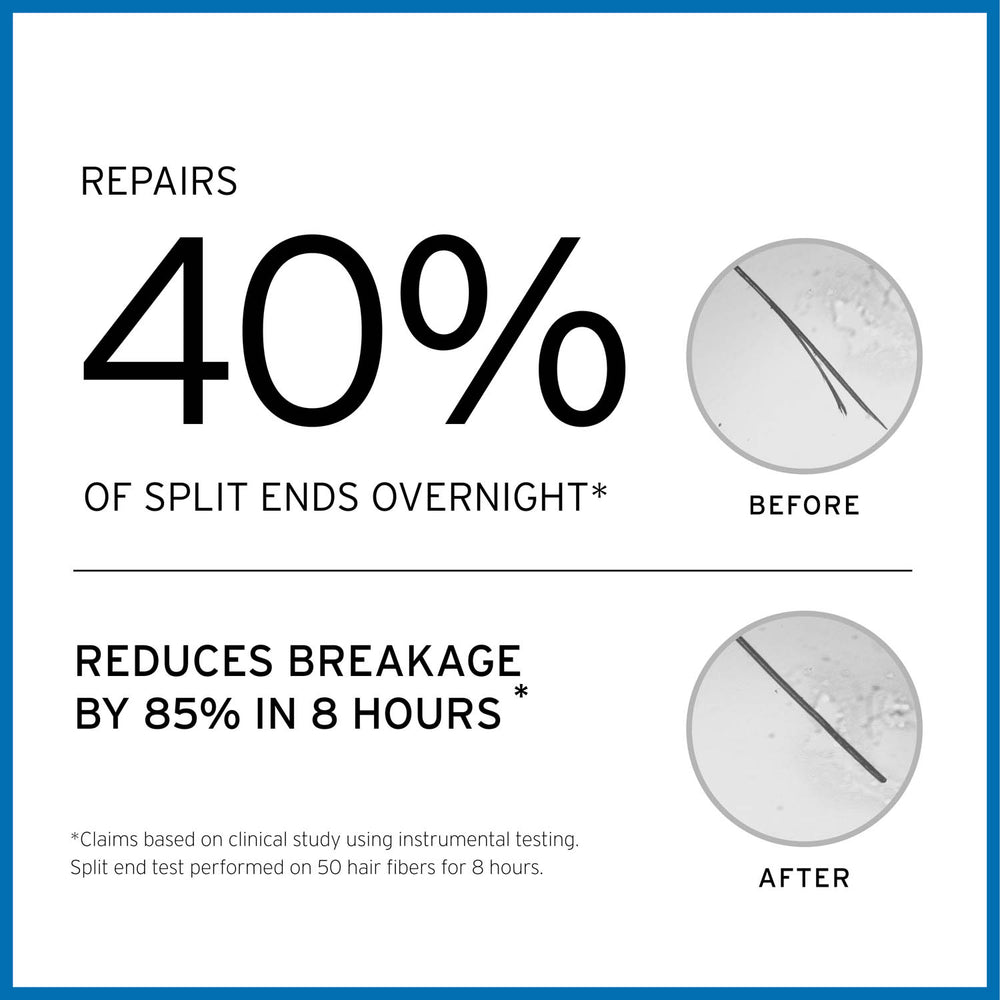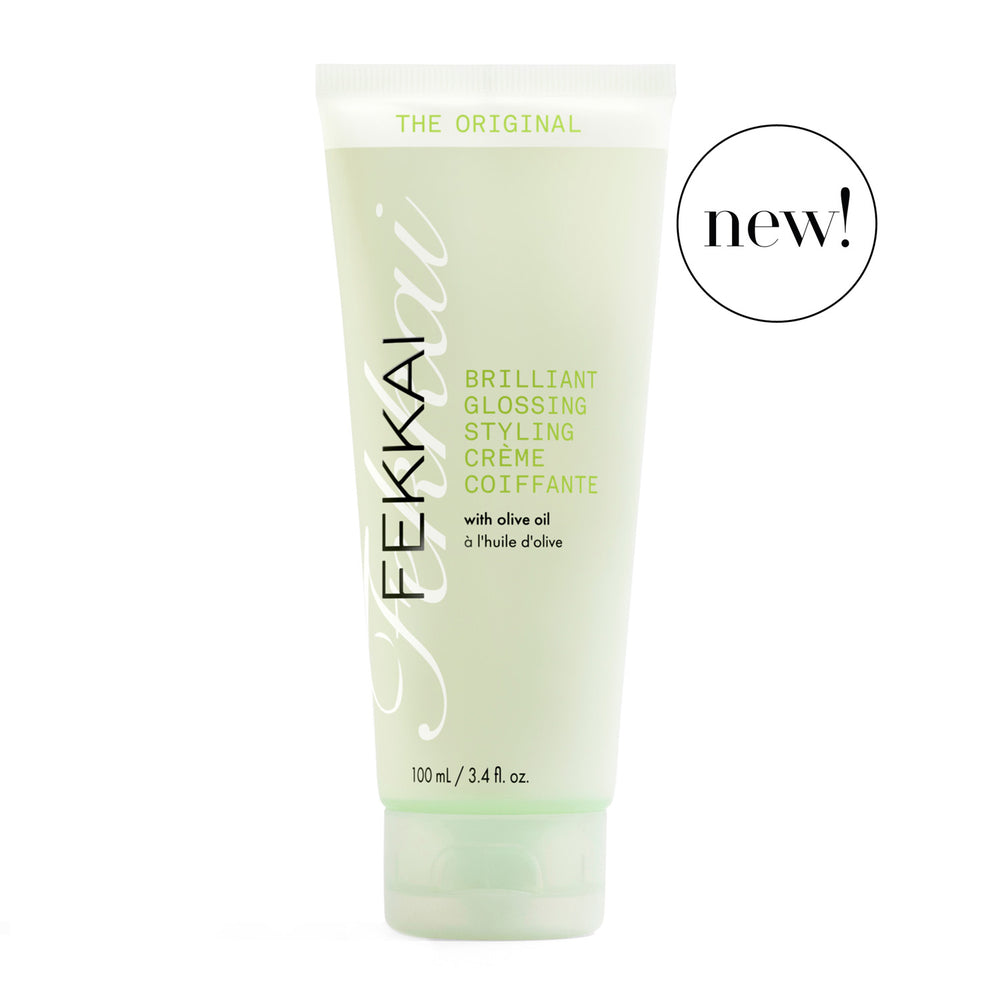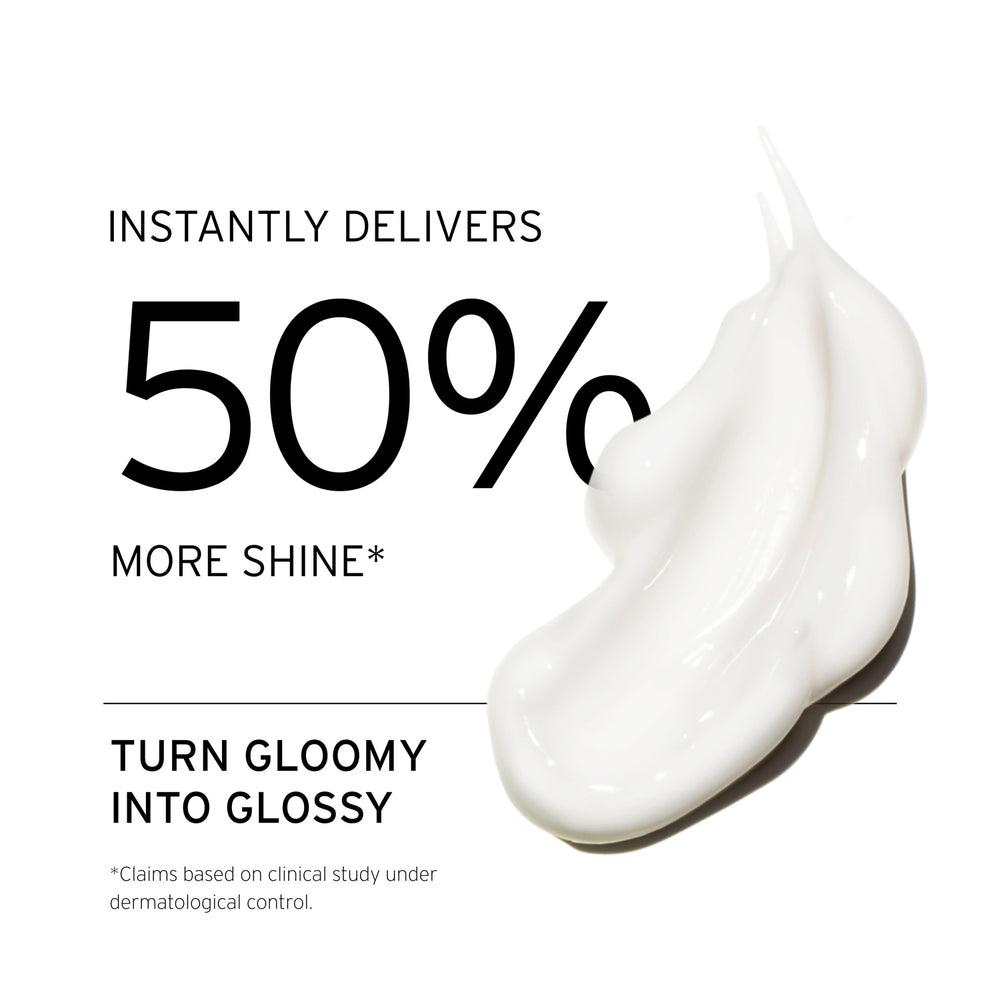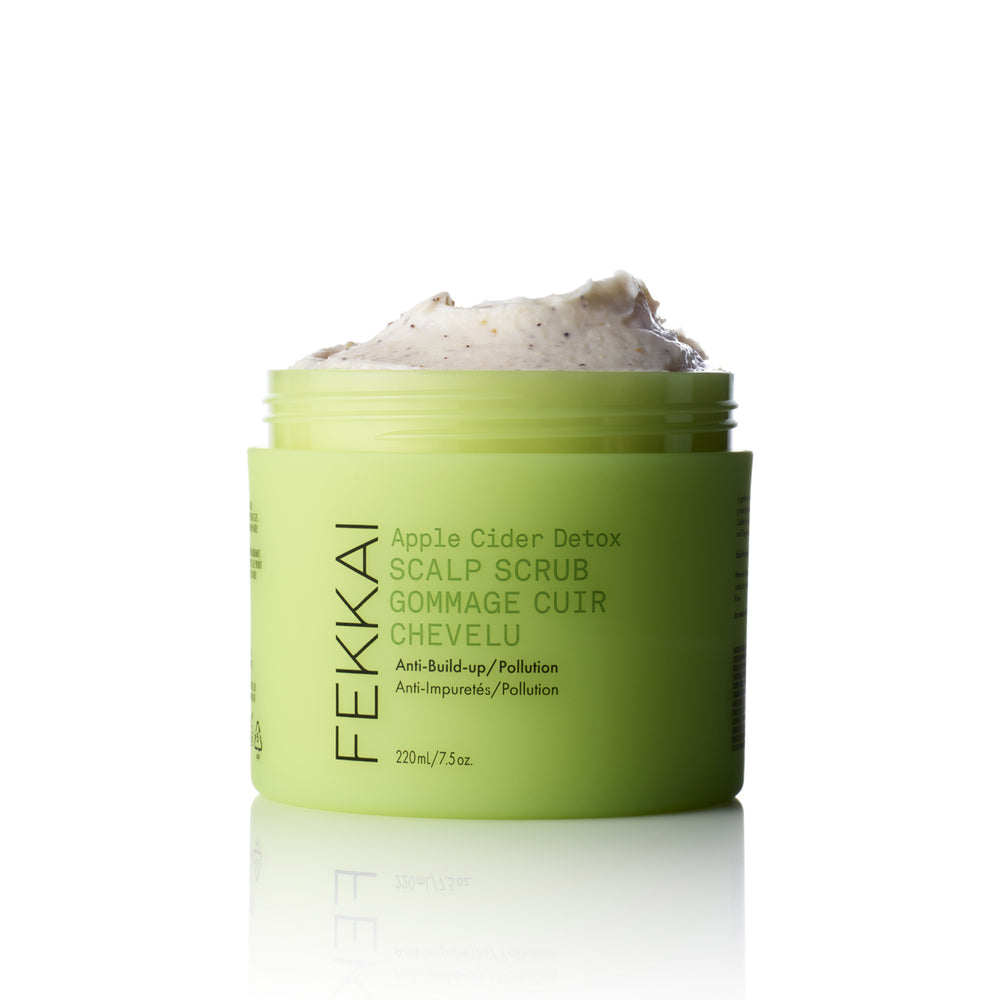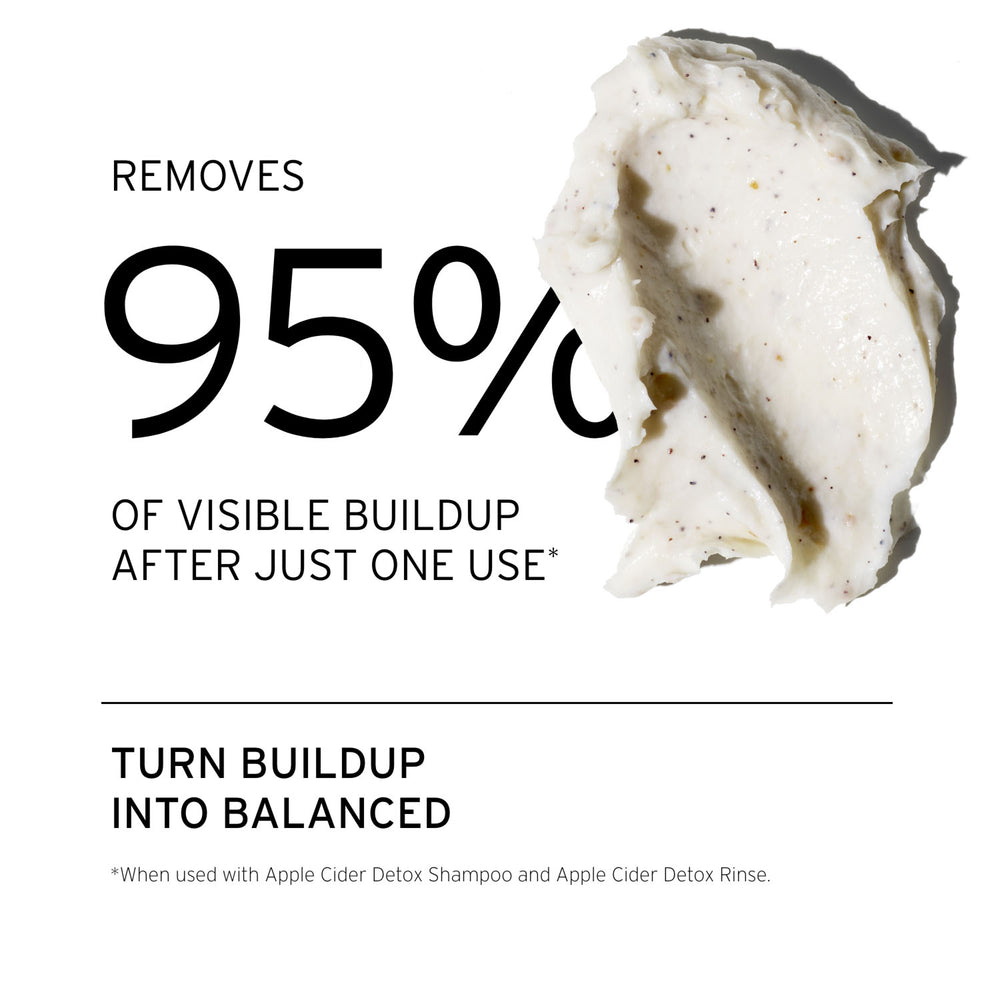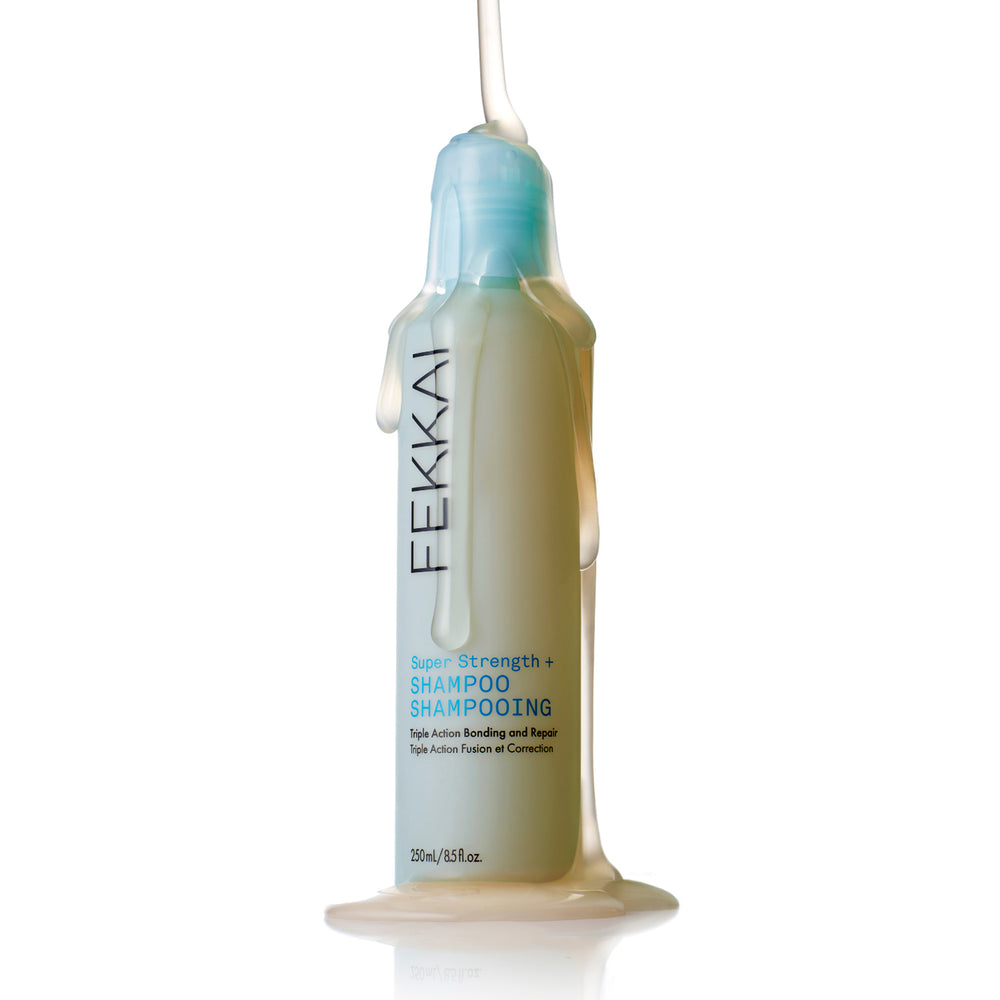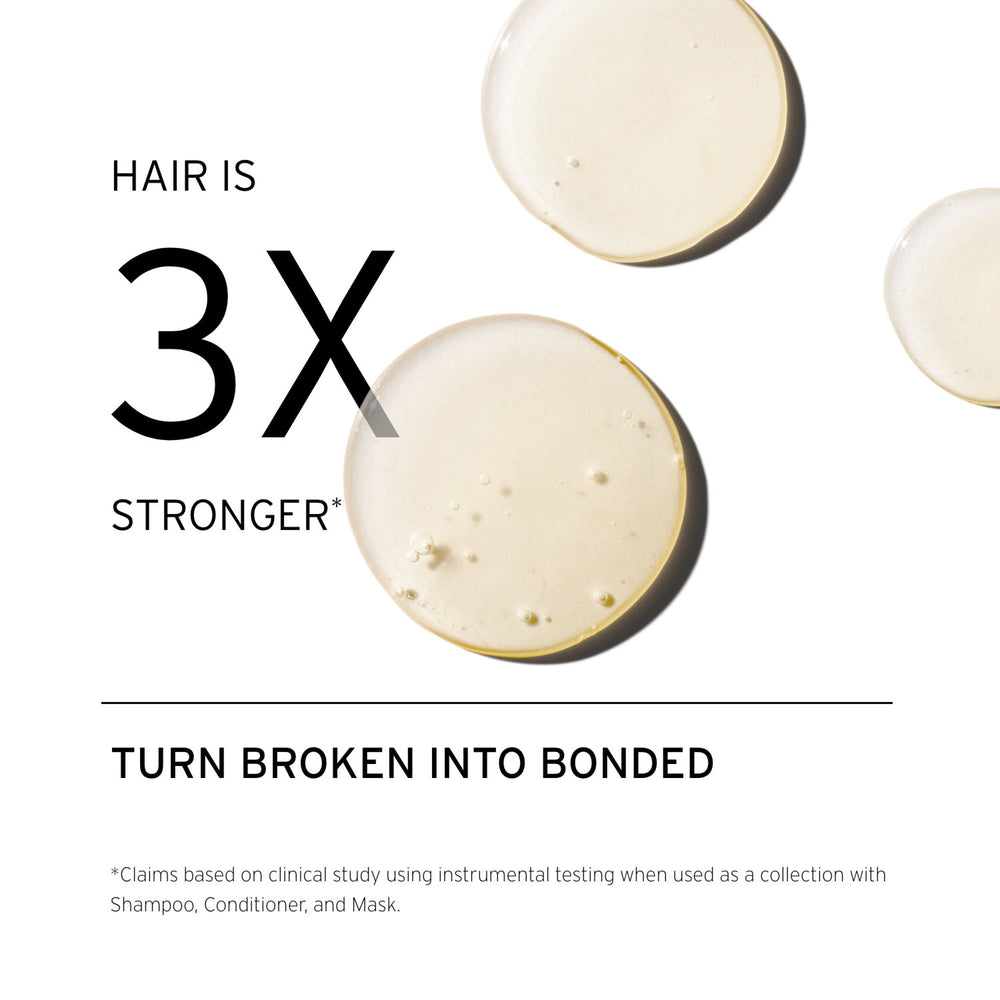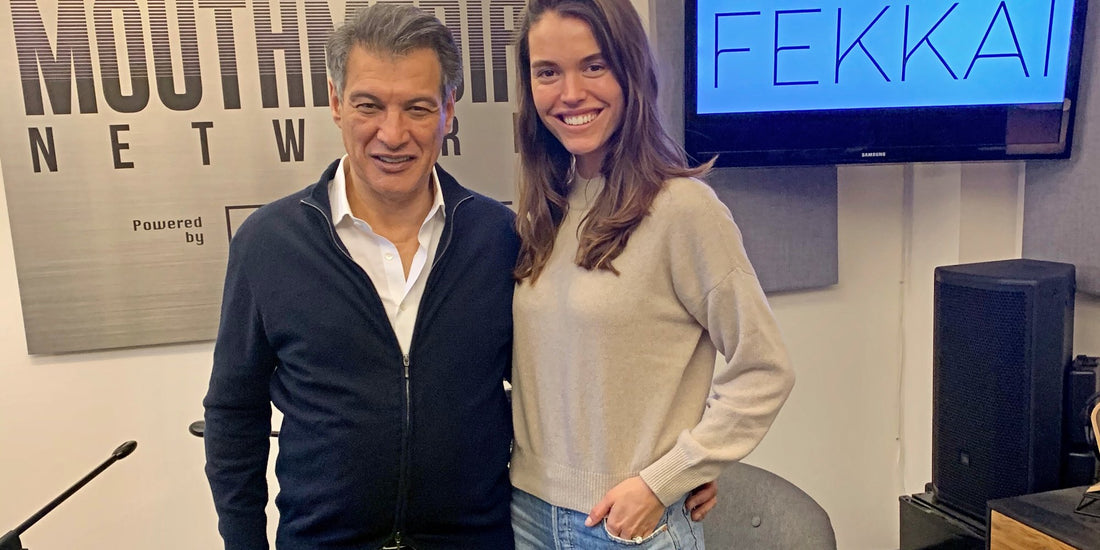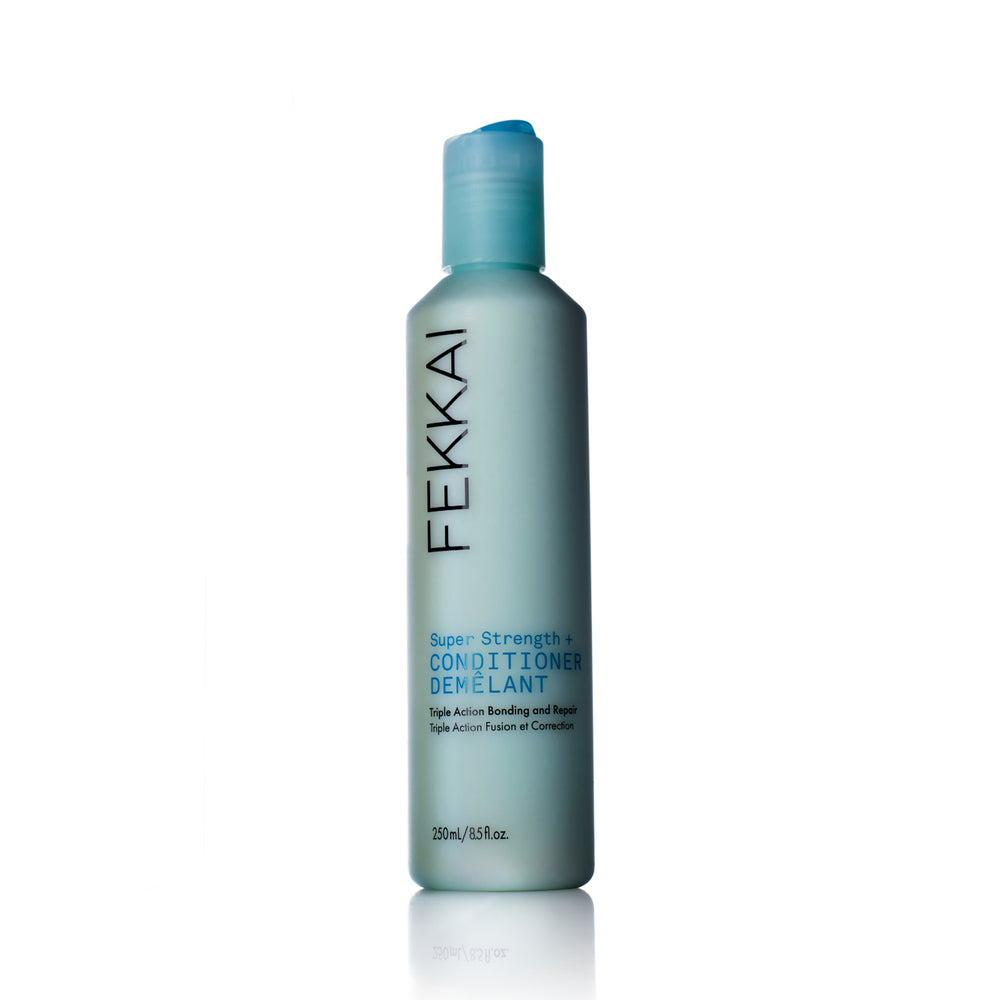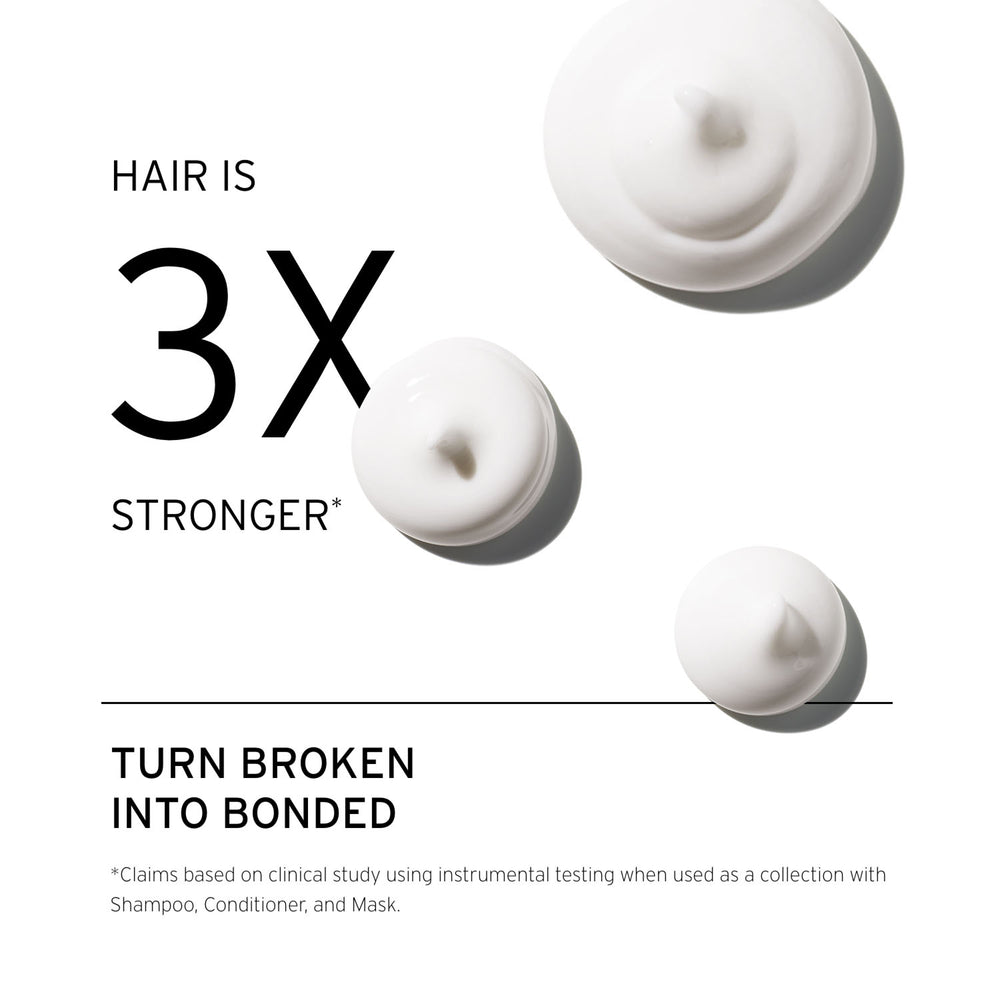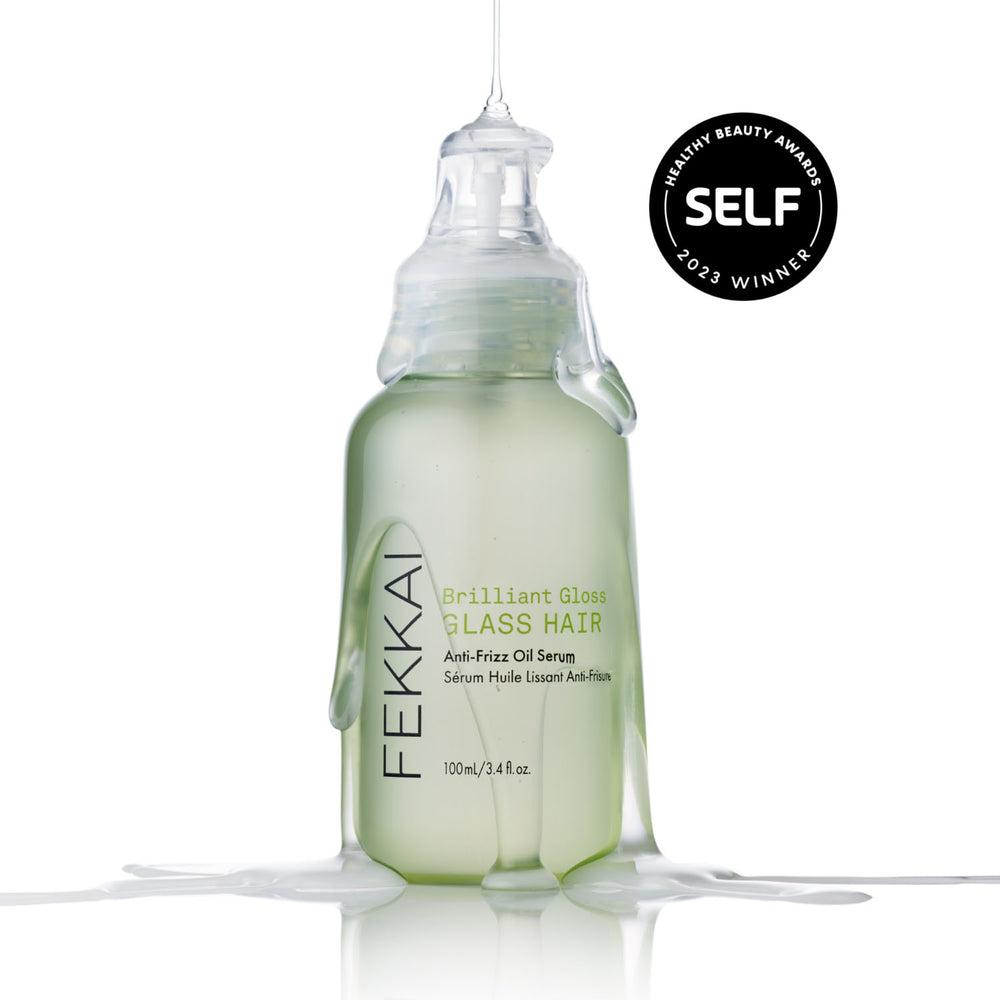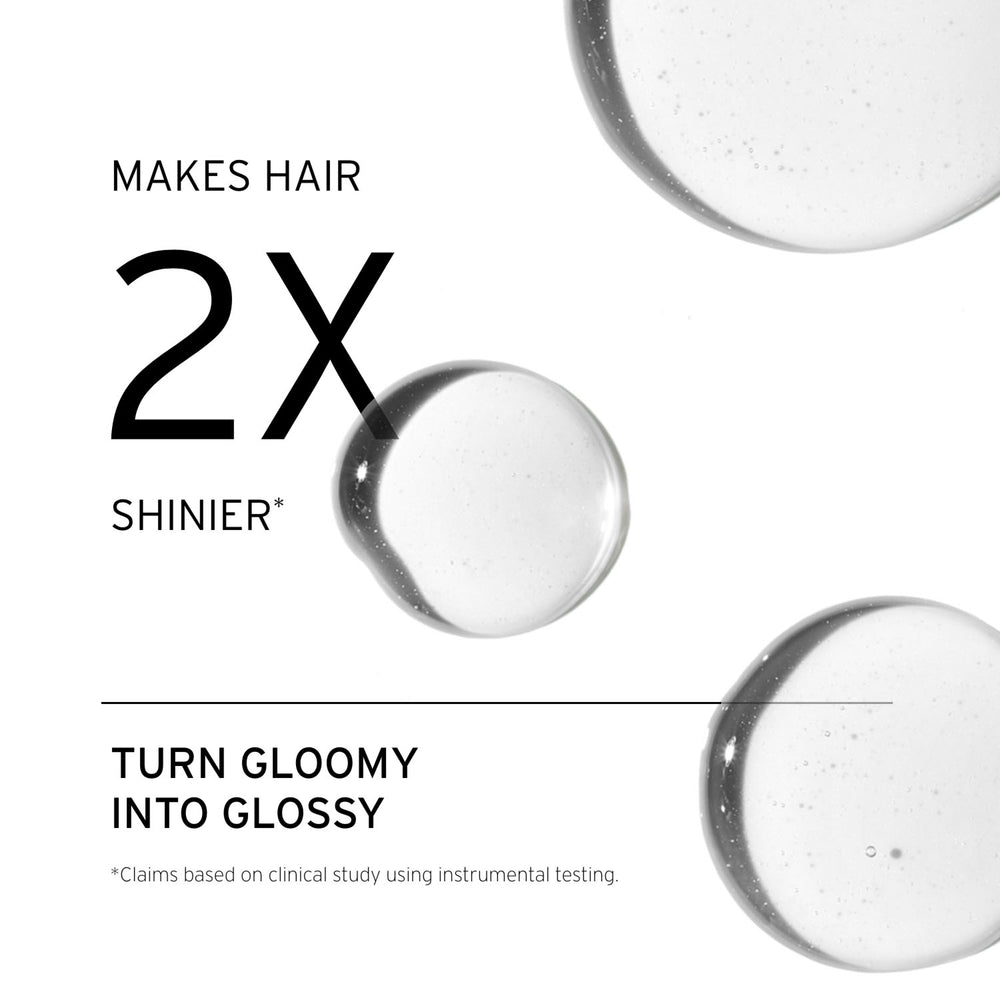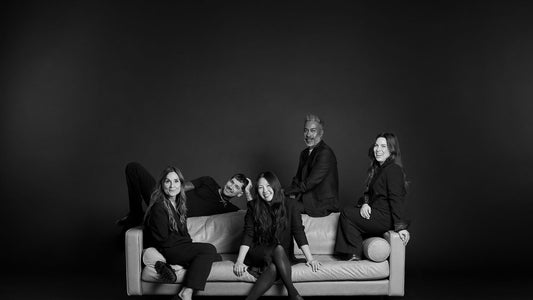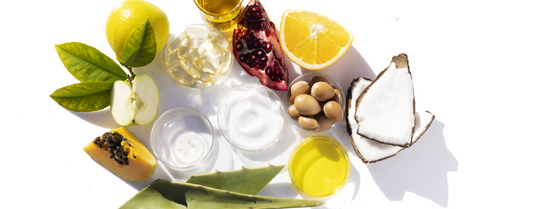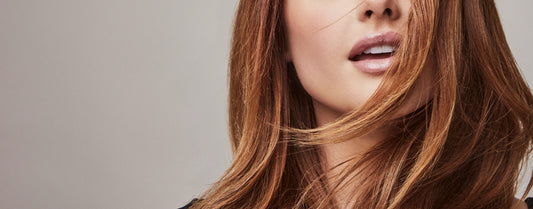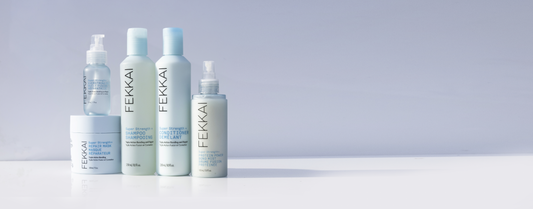I am a celebrity hairstylist, an entrepreneur, and a philanthropist who’s built my brand on taking care of others, body, hair, and soul. Join me weekly for The FEKKAI Life, a series of relaxed, intimate conversations with free thinkers, business leaders, and creatives who’ve used their passion to change the world for the better. Available wherever you find your podcasts.
BB: Hi guys, I'm Britt Bergmeister. And I'm the co-founder of On Duty Citizen. On Duty Citizen is a platform to inspire the community, how they can live consciously with everything they do in life. So if they're looking to shop, we provide sustainable and ethical solutions. We also have a section of our website called Citizens of the Month. And so that's where we profile all the members of our community who are on duty citizens actively working to support the environment, and it's all about building up our tribe and being transparent about how we all are trying to tackle the sustainable movement.
FF: Hi, I'm Frédéric Fekkai. This is The FEKKAI Life. On part one with Britt, we talked about her mission and her engagement. And now in part two, we're going to take a look on how she can scale and put to execution her mission.
FF: So Britt, now that On Duty Citizen is on the go, tell me how you intend to make this much bigger.
BB: So, with On Duty Citizen, it's always difficult because it is my side hustle, and the passion is all there but modeling right now is my main gig, my moneymaker. So I take everything I make in modeling and funnel it into On Duty Citizen. But to grow even bigger, it would be cool to partner with bigger companies or group together with other model activists.
FF: Have you talked to any?
BB: I network and engage with people. Right now a lot of the collaborations I do with companies like that are through modeling. So, you know, I was able to do a lot of—the sustainable campaign for Tommy Hilfiger. I shot for Amour Vert doing their campaign.
FF: Explain it to us.
BB: So, I mean, they were all different, even the job we worked on together. But for Tommy Hilfiger, they had a new puffer coming out that was made of recycled down. And it was about promoting that product and sharing with my followers and their community that they were trying to take the first step into sustainability. And so they were open. They're very honest and open that this was the first of many steps and that this was new to them, but they were tapping into that. So that is my way of collaborating right now and supporting them by working for them and giving them ideas of how to grow in a sustainable world. So I think that'd be a really cool way to get On Duty Citizen to grow by taking—they obviously, companies like that have a way bigger following and a bigger platform. So not sure yet how we would collaborate but that's always something I'm thinking about. Furthermore, I think it'd be really awesome with whatever industry I get into next to always take with me the instilled values I've made from On Duty Citizen. So I love coffee shops, I go to a coffee shop every day. That is my office. I've always dreamed of having my own coffee shop. Maybe it's a sustainably-run coffee shop where we host weekly get-togethers to have conversations about the environment or about the community. Maybe that's where you go get your shampoo and you fill it up in reusable packaging. Maybe that's where you get your organic coffee beans. It's kind of like a general store idea. So I think, with anything I set out to do after modeling or in addition to modeling, I hope for it to be this consciously-run company, if that makes sense.
FF: And obviously, this is all nonprofit?
BB: Yeah, I mean with On Duty Citizen, we do make some profit by the products we sell and I have, you know, all the affiliate marketing through the website. It's not much but it's enough to show that there's interest there. But it's nowhere near what I'm able to make through modeling. So I'm fortunate enough, I'm able to like fund it myself and with my mum, we work on it together. But I couldn't leave modeling to…
FF: Right. What about creating a guide online to steer people?
BB: Yeah, I think there's a lot of—I was doing a blog section, I still have kind of like a new section on the website where I do little curated guides, to how to go about Valentine's Day in a sustainable way. Here's how you should shop for Christmas or not shop for Christmas, which is what my family did. So there's a lot of little curated guides I've made. And there's other things I've done in conjunction with ODC that we've promoted on the website to kind of inspire people. There's a video series I just started with my friend Anne Therese called Bridge Builders, and that's all about two girls having conversation about things in the climate change, sustainable, ethical, whatever movement. How we feel about it, how we can get our viewers to change. So the first video we had was just before the holidays about packaging, and about reshaping how you go about the holiday season so from that own video that we did, that inspired my whole family to rethink how we do the holidays. So instead of buying unnecessary things, we all got one— we did a Secret Santa—got one special gift for one person, we wrapped it in like recycled CVS paper, brown paper bags, as the as the wrapping, and it just was a new way of Christmas. But we all appreciated it so much. And I I have two little brothers and I thought they would think it was kind of like a joke and not appreciate it, but they really were into it. We're all really into it.
FF: I believe that basically, today we have no choice but to act. And to really educate and entice people to do a better choice and helping making this planet a better place.
BB: Exactly. And that's—with what I do with On Duty Citizen, I'm giving people the better choice. Here, if you want a white t-shirts, here's the better option. Here's why it's better and I'll list out what that specific company...here's the better shampoo, here's what FEKKAI is doing. They're using recycled plastic bottles. That's awesome. So we're giving all the consumers the better choice. And hopefully, as I mentioned, in a few years time, that'll just be the norm. But right now, they need the choice. And I think with enough demand, that will lower the price. But I don't know, I just read somewhere that people are choosing the more expensive ethical option more often than not because they realize the importance of ethics and how something is made and that's worth the few dollars more than the alternative options. So, I can't remember the percentage of people but it was kind of a big number.
FF: And I think people actually are just wanting a good reason to do so. Because I think it just feels good. You know and frankly, today, I mean, we have the ability to, to buy, to purchase product, whether it's a car or as I mentioned a toothpaste before, shampoo, t-shirt. I mean, there is so many things out there today that are available at affordable price to really show that we are responsible, that we're going the right direction, and it's sexy, and that's part of it.
BB: Just giving people the better option and it's consumer solutions and company solutions to provide and support better options. It's hand-in-hand, 50-50, I think. I saw a really cool tag as a joke, but on a piece of clothing online, and it said something like this shirt is $5 and then the true cost underneath and it listed like child labor, unethical manufacturing, and it said, "what really you're getting for that $5." And that's the difference between what something costs and what something should cost. We have to retrain ourselves, what things are worth, you know, a $50 sweater that's gonna last you a lifetime, it's cheaper than, you know, 10 $5 sweaters for a reason that you're going to throw out and that won't last. So it's all about retraining and giving a sexier, easier option for people I think.
FF: Yeah. And I think that today, we're so lucky that technology can really help us measure, moderate, utilize energy, other functionality, with a sense of, you know, measurement and also making it economically more viable and also having, less waste. So I think that if everyone takes take initiatives seriously, just turning the lights off when needed, the water. Using less paper, less plastic.
BB: Yeah, those first steps that you need and the technology is there. I'm very optimistic about what we can do. Because there are so many technological advancements that are going to make the sustainable solutions so much easier. And we're there now, we're in the beginning stages of it all, but it's gonna get easier to remake something out of recycled plastic into a new fiber or whatever, you know?
FF: But to your point, we need to elect at every level not just politician but everybody. Businessmen, businesswomen, teachers. Everyone to be ingrained, to have this culture, so that it becomes a way of life.
BB: Exactly. And I think a lot of people previously haven't felt connected to politics because they may not have been represented properly. Their values weren't being aligned with anyone that was available. So I think—maybe not even in terms of politics, but just in getting everyone involved in this movement, we have to include everyone, people who have been doing it "right" for longer, before this was like a sexy, sustainable movement. You know, the indigenous communities, getting the children involved, I think, the people of color that it's probably affecting a lot of the time—climate change more than others. It's about supporting everyone and just collectively, we're all in this together. So hopefully with politics, the new candidates available can realize the importance of being that voice for everyone and not just for the popular, you know what I mean?
FF: We talked about a lot of good action, but today, we'll just talk about specific and great general behavior. But what is next?
BB: I guess talking about it from a brand side what I would say—it's very difficult if you're talking about a company that's already been around for so many years, or a new company just about to start out. So there's kind of two ways you can answer this question. I think, if you're a newer company, starting out sustainably—so what do I mean by sustainable? Maybe you're conscious about the fabric use. I think that's a great place to start, so that you're ensuring the fabrics are biodegradable and won't sit in the landfills for years to come. So I think it may almost be easier for them, because they don't know any other way. They don't know that it could be cheaper. I mean, they know it might be cheaper to do it with cheaper materials, but they're not used to that yet. So I think, ideally, like going the more sustainable route for them could be easier. It's more expensive, but maybe they don't have to produce as much, you know, like, there's ways that they can make it more cost effective for themselves. They can change their ideas of how much they should be producing, whether they show at fashion weeks, how many collections they're doing, maybe they're making clothes that never go out of style, and they're just tweaking those from year to year. So I think that's a really kind of conscious way a newer, smaller brand may act if you're talking about a larger company that's been around for many years, I think it may be harder for them to go into the sustainable route. They have all the money to do so. And that's not an excuse. I don't, I'm not excusing them. But that's why I'm a bit more accepting of companies who are doing one small thing. Because I know they have the room to grow and they have the money to grow.
FF: What are the companies that you admire the most?
BB: I thought you're gonna say “that can do better.” I was like, uh—I don't know if I can say that! The companies I admire the most. A lot of the ones I have on my website, obviously. Cuyana are great. Amour Vert. And I appreciate a lot of the beauty companies like Ilia Beauty, FEKKAI—I love the new shampoo and the mission and I just love how that's the only option you're giving your customers is this new way of packaging and shampoo. There's so many companies. Go to On Duty Citizen.
FF: You know, I mean, also, let's not discredit the large corporations, they are also trying. Whether it's a L'Oréal, P&G, BMW, Audi.
BB: I appreciate them taking one step. And I think with anything, whether you're big or small, as long as you're not saying, "Hey, we're fully sustainable, we're green, we're perfect." Then just say you're on the road to sustainability. So that's why I think we all have room to be better.
FF: Education is important. I mean, just something jumped out when I went to a conference is to hear that basically, you know, dishwashers were much more great at saving and energy and water because when you wash dishes by hand, you're basically using three times more water.
BB: Are you? Interesting.
FF: So that—things like this, I think it’s an awakening. It’s important to know what every action does.
BB: Just little tidbits of information like that, like I would have never known that. So just going to conferences, listening to podcasts, reading the news, all these little things you can do to just inform yourself and learn and grow. That's really, I'll use that. I mean, I do use a dishwasher. I try and not use it so much, but it's interesting to hear that.
FF: So obviously, you know, you are a different generation than I am, and it's great to hear that your man is also partnering with you. By the way, not to be nosy but how old is your mom?
BB: She's 57. Very young 57.
FF: Great. And just for the for the audience here, how old are you?
BB: I'm almost 27.
FF: So that's great. That's two generations. So you're mom and I, and you. First of all, do you see a difference in behavior between the generations? I mean, maybe not your mom because she's your partner, but how do you think that we can deliver messages across our generations? Can we do that? Or do we have to talk differently to different generations.
BB: I mean, I'll say it with my own family, even though my mom, as you mentioned, is my partner but certain things, she gravitates to certain issues that resonate more with her. I guess you do have to change a little bit of the way you speak on it, delivering the same message, but just maybe changing the tone. I don't know with my own parents, I kind of lay everything on them and see what what interests them the most. And then I'll like, hit hard with that specific issue. So even this morning, I told my mom about this Sunrise Movement video launch next week to promote the Green New Deal. I said, "Hey, I thought this might be interesting for you and your friends to host a viewing party for this movement." I wasn't really sure. I didn't think she would be interested in that. And she's like, "Oh, that sounds great. I'd love to host a party."
FF: You always talk about your mom—what about your dad? Is he part of that, too?
BB: My parents are divorced. So, my stepdad is very much involved and super supportive. Yes. My father, he's a bit older, he's 73. He was a bit trickier to convince so I guess there is that generational gap. He grew up where, you know, you brought your own bags everywhere. Plastic wasn't a thing, the plastic movement started in the '60s, I think. So his way of life growing up naturally was fairly sustainable. There's ways you can look at it all too, though, where he was also doing things that weren't. So it's not about attacking what his generation did badly and what we have to fix from that because every generation can improve and have done things that aren't good. So I can I think I just try and figure out what issues resonate with them, figuring out how to influence them more for issues they're not gravitating towards. And just keeping the conversation flowing. If If he doesn't listen to me on a specific issue, which has happened before, I'll maybe send him an article from the New York Times because I know he might trust that more than my opinion there and younger kids' positions so just finding how they react to news and what platforms they like to listen to. It's tricky though, it is.
FF: So for you now, just you. So you are obviously very aware, very, I mean, animated, very enthusiastic, very engaged, very invested in this. So what is it that—not to put you on the spot—but what do you think there is out there that you could do to improve?
BB: There's a lot and, you know, it's hard not to get overwhelmed with how much you can improve upon. I think the dream would be to only work for clients who are conscious about what they produce, I think naturally, hopefully—I keep saying this—but that'll be just a norm that can happen. But it's, there's so many little things. So if I can just keep my head down and keep learning and reading and listening to my peers and being inspired by the community and voting and supporting the right political parties, for me, and how I think we can invoke the most change, that's the best thing I can do. I learn something new every day, my positions have changed weekly as I grow. So just being conscious of the fact that I'm not perfect. We're not perfect. As human beings that consume products, no one's perfect as a company that's producing things that's not perfect either. So just about always doing the best thing you can do, and being aware of that.
FF: Thank you, Britt. Keep doing what you do. Be louder.
BB: It's all about, you know, raising our voice and not backing down and just continuing to be transparent with everything we learned along the way. It's a never ending journey.
FF: It's so refreshing to see what Britt has done with On Duty Citizen. It's a great mission. And we'll certainly follow up to look at her execution. Today, it is so important for our planet to see great ambassadors like Britt. We love what Britt is putting into place. And I challenge you to think about what would be your idea for a better, sustainable world and how will you take action. I'm Frédéric Fekkai and this is The FEKKAI Life. Thank you for listening.
Follow Frédéric Fekkai on Instagram and LinkedIn.
Follow FEKKAI on Instagram, YouTube, TikTok, and Facebook.
Subscribe to The FEKKAI Life podcast on Apple Podcasts and Spotify.
